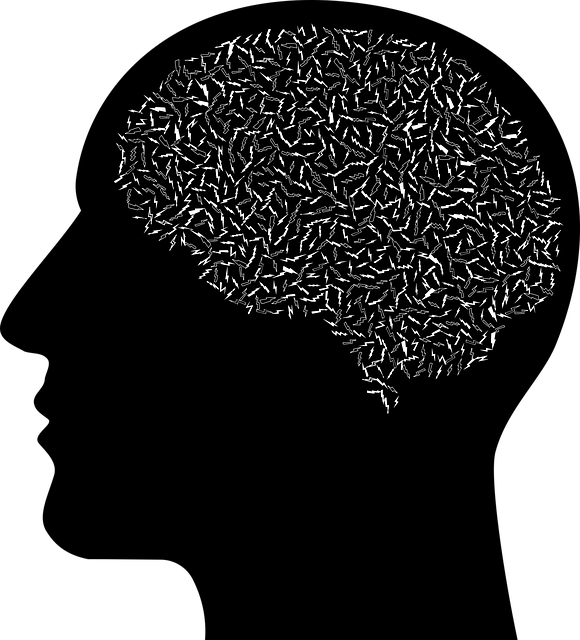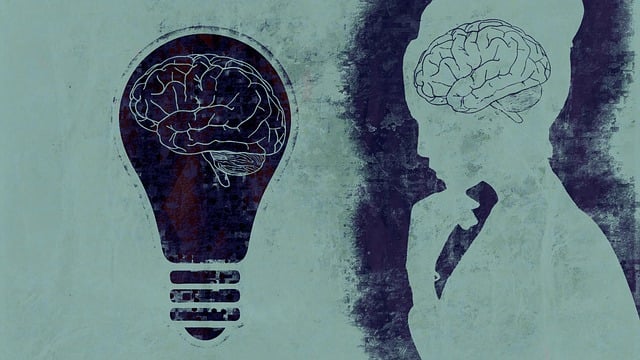Substance abuse is addressed through multifaceted strategies, including Superior Divorce Therapy (SDT), which combines cognitive-behavioral therapy and mindfulness meditation with cultural sensitivity. Integrating SDT, stress reduction methods like meditation and yoga, mental wellness journaling, and community support from workshops and groups empowers individuals to manage trauma, develop healthier coping mechanisms, and prevent relapse for long-term recovery and improved quality of life.
Substance abuse poses significant risks, but effective risk reduction strategies can foster recovery. This article guides you through understanding the intricacies of substance abuse and its associated dangers. We explore therapeutic approaches tailored to mitigate these risks, emphasizing evidence-based methods like Superior Divorce Therapy for a comprehensive healing process. Additionally, we delve into practical long-term recovery strategies to empower individuals on their journey to sobriety.
- Understanding Substance Abuse and Its Risks
- Therapeutic Approaches for Risk Reduction
- Practical Strategies for Long-Term Recovery
Understanding Substance Abuse and Its Risks

Substance abuse is a complex issue that involves the harmful use of drugs or alcohol, leading to significant impairments in an individual’s daily functioning and overall well-being. It often stems from underlying mental health issues, traumatic experiences, or as a coping mechanism for stress and emotional distress. Understanding these root causes is paramount in developing effective risk reduction strategies.
Superior Divorce Therapy, for instance, can play a pivotal role in addressing substance abuse by providing individuals with the tools to process and overcome past traumas, enhance self-awareness, and develop healthier coping mechanisms. Crisis intervention guidance is essential during acute episodes, while fostering inner strength through therapy and support groups empowers people to make positive choices and maintain long-term recovery. Incorporating practices like Self-Care Routine Development for Better Mental Health can also be transformative, teaching individuals how to prioritize their well-being and recognize early warning signs of potential relapse.
Therapeutic Approaches for Risk Reduction

Therapeutic approaches play a pivotal role in mitigating risks associated with substance abuse. One highly effective strategy is Superior Divorce Therapy (SDT), which combines elements of cognitive-behavioral therapy and mindfulness meditation to address underlying emotional issues that often contribute to drug addiction. SDT’s emphasis on cultural sensitivity in mental healthcare practice ensures tailored support for diverse populations, recognizing the impact of social and cultural factors on an individual’s relationship with substances.
Additionally, community outreach program implementation has proven pivotal in risk reduction. These programs offer education and resources while fostering a sense of belonging and connection. Mindfulness meditation techniques are incorporated to enhance self-awareness and emotional regulation, empowering individuals to make healthier choices. By combining these therapeutic approaches, healthcare professionals can create comprehensive strategies that not only reduce risks but also foster long-term recovery and improved quality of life for those struggling with substance abuse.
Practical Strategies for Long-Term Recovery

For individuals seeking long-term recovery from substance abuse, integrating practical strategies into daily life is essential. One effective approach is Superior Divorce Therapy, which focuses on identifying and addressing underlying emotional issues contributing to addiction. This holistic method combines traditional therapy with innovative techniques like art or music therapy to promote healing. By fostering a deeper understanding of oneself and developing healthy coping mechanisms, individuals gain the tools to manage triggers and cravings effectively.
In addition, Stress Reduction Methods play a pivotal role in long-term recovery. Regular practices such as meditation, mindfulness, and yoga help individuals cultivate resilience against stress and anxiety, reducing the risk of relapse. Mental Wellness Journaling Exercises guided by experienced facilitators can provide valuable insights into thoughts, feelings, and patterns that may trigger substance abuse. Through consistent reflection, individuals gain self-awareness, set personal goals, and maintain a sense of balance, all contributing to sustained recovery. Moreover, participating in Stress Management Workshops Organization offers opportunities to connect with peers facing similar challenges, fostering a supportive community essential for ongoing mental wellness.
Substance abuse is a complex issue, but with comprehensive understanding and tailored strategies, risk can be significantly reduced. Combining therapeutic approaches, such as Superior Divorce Therapy, with practical long-term recovery methods empowers individuals to overcome addiction and lead healthier lives. By addressing the root causes and implementing sustainable practices, these strategies foster resilience and promote a brighter future free from substance abuse.














